The effects of the boycott against Bud Light appear to be permanent, according to an industry expert. After Bud Light put out a promotion featuring transgender influencer Dylan Mulvaney, the backlash was fierce. Now, the company is reaping the consequences of alienating a significant chunk of its consumers.
The story highlights the impact such a controversy can have on major brands, especially those who align with the “woke” crowd. However, while this strategy was effective against Bud Light, it might not necessarily be applicable to other major brands.
Harry Schuhmacher, an expert in the beer industry, indicated that the impact of the nationwide boycott might be lasting.
Damage to Bud Light appears "quasi-permanent" and longtime consumers could be "lost forever" after the brand failed to rebound from ongoing backlash as initially expected in recent weeks, according to a prominent trade publication publisher.
"The Bud Light situation has actually gotten worse," Beer Business Daily publisher Harry Schuhmacher told Fox News Digital.
"You see Bud Light still just stubbornly down around 30% in volume compared to last year, which is where it’s been since May or June," Schuhmacher continued. "That tells me that this is quasi-permanent, meaning those consumers are just lost forever."
The promotion was ostensibly intended to celebrate Mulvaney’s year of “girlhood.” But many perceived it as an effort to push “gender propaganda,” and it severely eroded trust in the brand.
"I think the industry thought it would have rebounded by now, but it hasn't," Schuhmacher said. "It's actually worse than just lost sales because now it's getting to the point where it's becoming systemic within the industry, and they're losing the confidence of the retailers and that's when it starts getting bad."
Even after mega-billionaire Bill Gates invested in Anheuser Busch, the Bud Light brand remains toxic. The company has tried to make amends with its erstwhile customer base – but to no avail.
After the backlash over the Mulvaney partnership, Anheuser-Busch attempted to boost its image by releasing patriotic ads and a statement from CEO Brendan Whitworth, who said, "We never intended to be part of a discussion that divides people. We are in the business of bringing people together over a beer."
While Bud Light is still popular, Anheuser-Busch has felt the aftereffects of the turmoil and in July said it was eliminating close to 2% of workers — about 380 of their roughly 19,000 employees.
In the case of Bud Light, the boycott seems to have worked – at least for the time being. However, it is worth noting that conservatives make up a considerable portion of the company’s consumers. This meant that those not in alignment with progressive gender ideology had more power to punish the brand for seemingly pushing far-leftist propaganda on them.
When it comes to other brands that have earned the ire of folks on the right, this might not necessarily be the case. Target has been vociferous in its embrace of the LGBTQ community and has used its marketing to prop up Pride Month and other causes. The same is true of the Skittles brand as well. Conservative influencers have called for boycotts against both of these companies, and although Target in particular suffered some heavy losses, the actions have not been as damaging as those that were directed at Bud Light.
The reality is that, for some companies, going woke will not always mean going broke, depending on how they approach the issue. However, Bud Light’s situation might cause some brands to tread carefully when looking at how they are marketing their products and services.
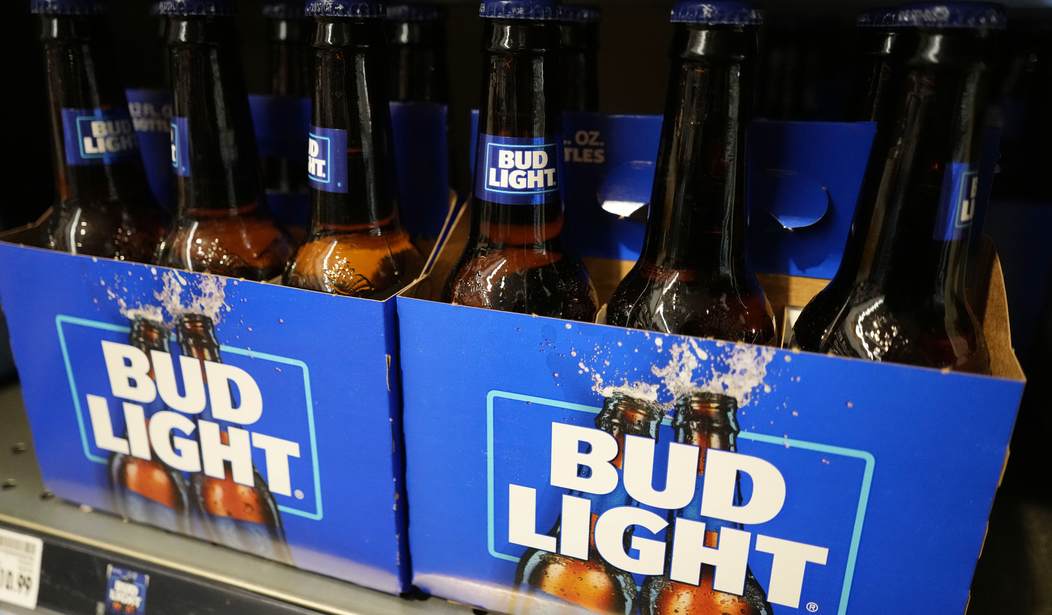
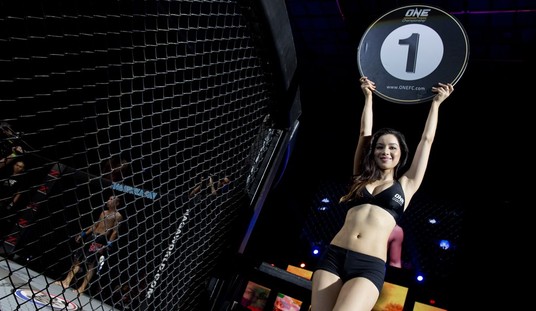
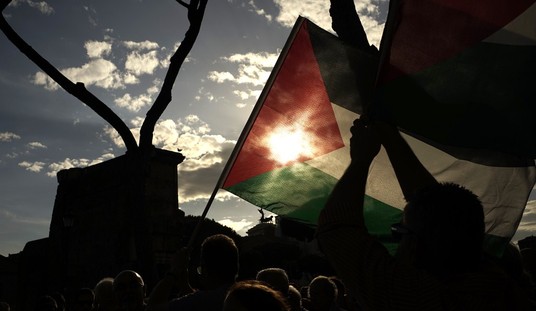
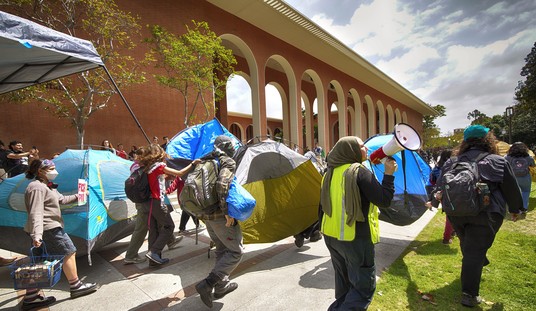
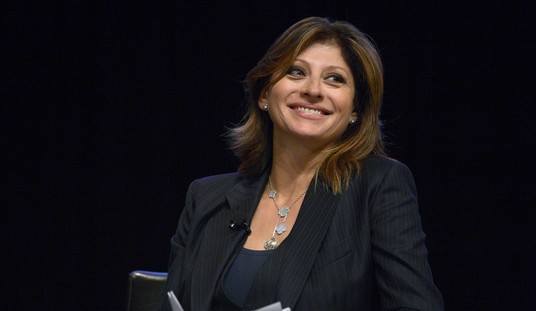




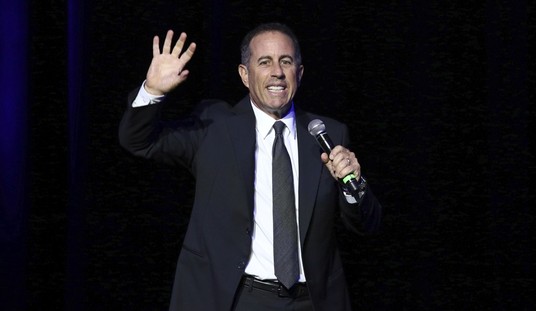
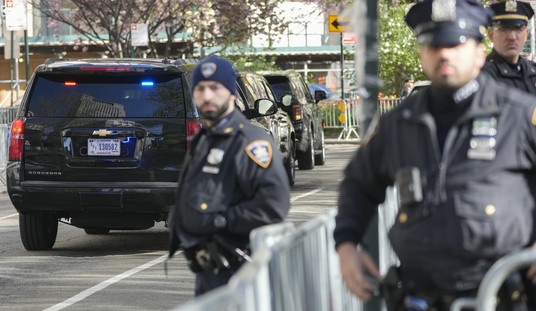

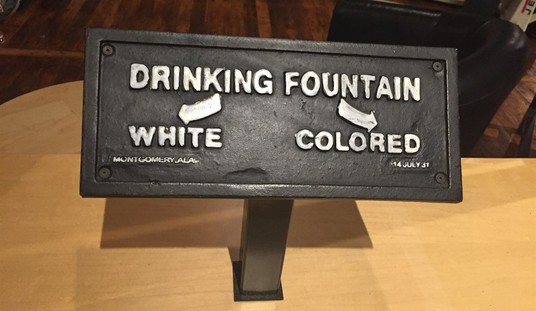
Join the conversation as a VIP Member